Despite incarcerating more children than state-run juvenile justice facilities, county detention centers have less oversight. Currently, the Illinois Office of the Independent Juvenile Ombudsman (OIJO) has oversight authority over state-run facilities, but not county detention centers. The OIJO responds to complaints by youth in state custody and provides them with information, promoting the interests of safety, fairness, humanity, and transparency in the juvenile justice system. The jurisdiction of the office should be expanded to cover youth who are held in county detention centers, empowering the OIJO to investigate complaints from youth at county detention centers, inform government officials about problems, and make regular reports to the public. All incarcerated youth in Illinois should be able to report problems to an independent oversight office. (December 2022)
Read MoreIn the wake of yet another water emergency in Illinois prisons, this time stemming from a delayed hot water system repair at Stateville Correctional Center, a coalition of advocates for incarcerated people and environmental advocates today call on state agencies to uphold environmental justice and human rights by fixing the state prisons’ broken water and sanitation systems once and for all and bring meaningful solutions to those currently affected by this negligence inside. (November 16, 2022)
Read MoreOn behalf of the undersigned groups, we are requesting that the capital development process currently underway for facilities run by the Illinois Department of Corrections include an in-depth, system-wide analysis of the drinking water and sanitary sewer systems in Illinois prisons and include needed, comprehensive, and lasting fixes.
Read MoreAs Illinois realizes a meaningful decrease in the state prison population, there is opportunity to make meaningful changes. The current prison population stands at approximately 28,000 people, far below the close to 37,000 people in custody in March of 2020 and the total rated capacity for all of the facilities run by IDOC, which is just over 32,000. Given a shrinking population, statewide staffing vacancies in IDOC, old and decrepit prisons or living units that are not fit for human habitation, and lack of resources for programming and treatment, both short and long terms plan for system reorganization and change must be made and shared publicly.
Read MoreJHA Testimony in support of the FY23 Proposed Budget for the Illinois Department of Juvenile Justice to the House Appropriations - Public Safety Committee and Senate Appropriations—Criminal Justice Sub Committee (March 2022)
Read MoreJHA testimony in support of the FY23 Proposed Budget for the Illinois Department of Corrections to the House Appropriations - Public Safety Committee, March 16, 2022
Read MoreJHA Testimony in support of the FY23 Proposed Budget for the Illinois Department of Corrections to the Senate Appropriations—Criminal Justice Subcommittee, March 1, 2022.
Read MoreAs of February 2022, IDOC is many months into a commissary disruption that has impacted the supply of items that incarcerated people rely on being able to purchase through commissary. The causes and effects of the commissary disruption are detailed more fully in JHA’s December 2021 Update on Commissary Issues. Read our update here.
Read MoreJHA submits this testimony to the Illinois House Criminal Law Committee in support of HB 5273, the bill to expand the jurisdiction of the existing Office of Independent Juvenile Ombudsman (OIJO), which provides oversight to the Illinois Department of Juvenile Justice (DJJ). The OIJO was established in 2015 and has made a difference in our system and in the lives of the youth in state custody since its inception. The benefits of the OIJO’s increased access to facilities, investigatory power, having an authority responsible for responding to youth grievances and issues, and reporting information to the public cannot be overstated.
Read MoreThe Illinois Reporting of Deaths in Custody Act (DCRA) was included in the SAFE-T Act passed by the Illinois Legislature in 2021 and signed into law by Gov. Pritzker shortly after passage. The DCRA mandates increased information collection and public reporting of all deaths of persons in the custody of Illinois law enforcement and correctional agencies, as well as arrest-related deaths.
Although the law is already in effect, thus far no data is publicly available. This statement shares what implementation should include and how it can be accomplished.
Read More